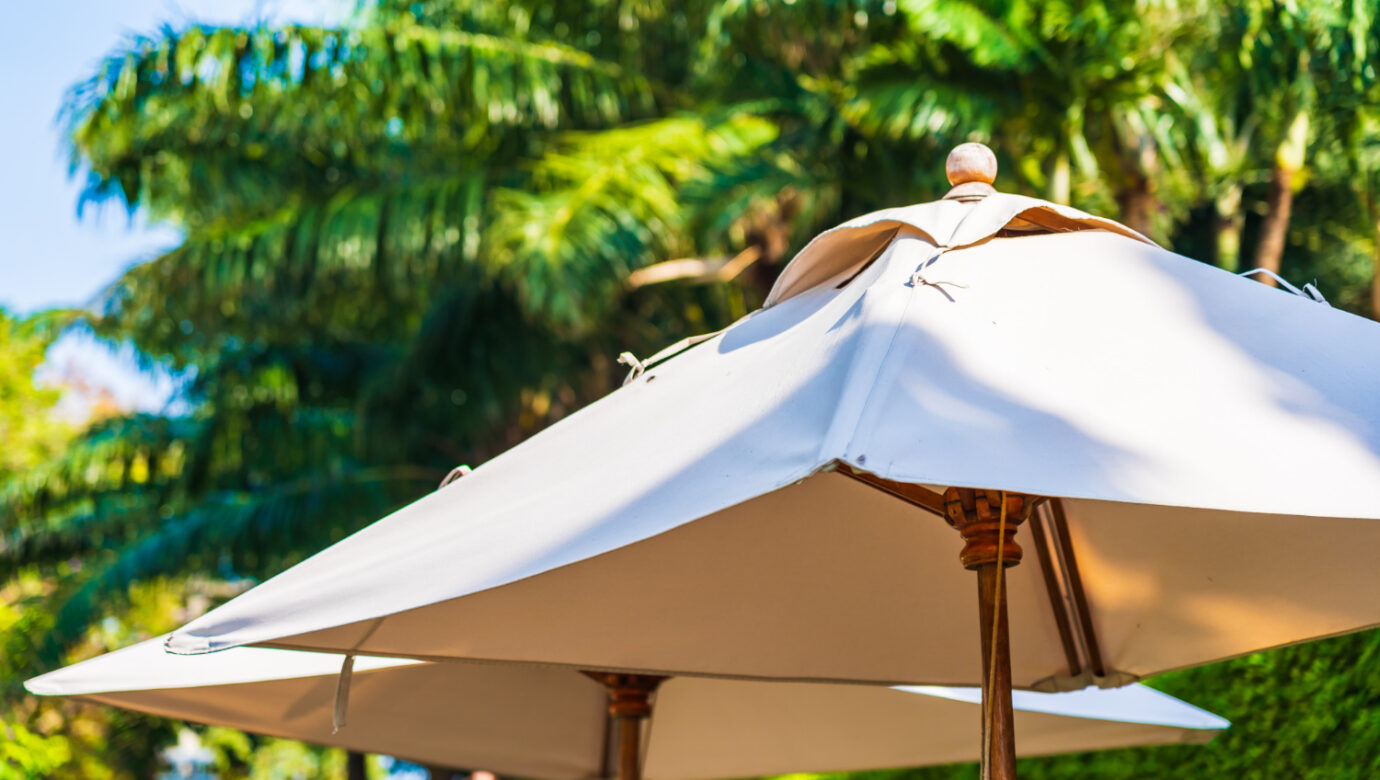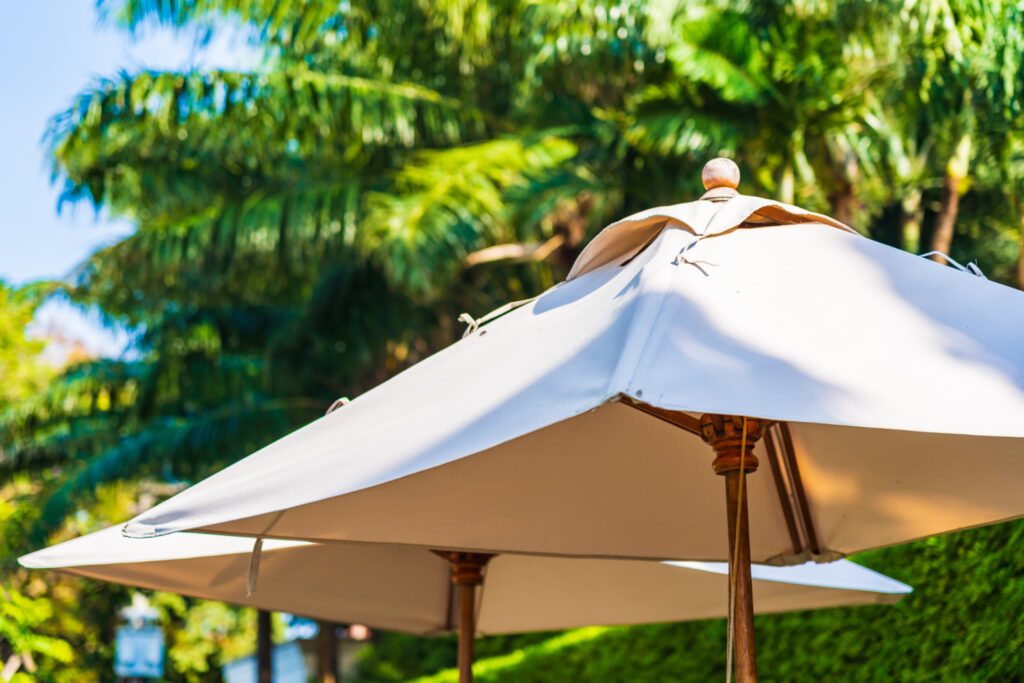A Complete Guide to Installing Tensile Structures in Pune: Process, Cost & Tips
Tensile structures are rapidly becoming a preferred architectural solution across Pune — and for good reason. With their sleek look, durability, and fast installation, they’re now seen everywhere from commercial complexes to cozy rooftop cafés. Whether you’re a homeowner looking for shade or a business aiming to upgrade your outdoor space, this guide will walk you through everything you need to know about installing tensile structures in Pune — including the process, cost, and expert tips.
What Is a Tensile Structure?
A tensile structure is a construction made from a membrane material (usually fabric) that’s held in place by tension. Unlike traditional rigid roofs, these structures use lightweight yet strong materials such as:
- PVC-coated polyester
- PTFE (Teflon-coated fiberglass)
- HDPE mesh
- ETFE film
They are supported by steel or aluminum frameworks and are ideal for covering large spaces with minimal structural support.
Common types of tensile structures include:
- Car parking shades
- Walkway covers
- Outdoor canopies
- Dome-shaped gazebos
- Stadium or auditorium roofing
Why Choose Tensile Structures in Pune?
Pune’s mix of scorching summers, heavy monsoons, and moderate winters makes it ideal for tensile roofing. Here’s why:
- Weather-Resistant: Modern tensile fabrics are UV-resistant, waterproof, and can handle high wind loads.
- Fast Installation: Compared to concrete structures, tensile roofs are quicker to erect.
- Low Maintenance: They require less upkeep than metal or tiled alternatives.
- Aesthetic Appeal: Perfect for contemporary homes, cafés, schools, tech parks, and public spaces.
- Eco-Friendly: Many tensile materials are recyclable and energy-efficient.
You’ll often see these structures in places like Phoenix Marketcity, university campuses, business parks in Hinjawadi, or boutique cafés in Koregaon Park.
Step-by-Step Installation Process
Installing a tensile structure in Pune typically follows this structured process:
Site Assessment
- Measurement of the area
- Understanding load factors (wind, rain, etc.)
- Identifying user needs and purpose (shade, shelter, design)
Design & Material Selection
- Custom 2D/3D design plans created
- Fabric and steel chosen based on climate and aesthetics
Structural Engineering & Fabrication
- Load-bearing frames are fabricated off-site
- Membrane is cut and welded as per design
Installation
- On-site assembly with support systems
- Tensioning of membrane and safety checks
Finishing & Handover
- Final inspections
- Waterproofing and UV treatment (if not pre-coated)
- Maintenance guidelines shared
Tips Before You Install
To ensure you get the best value and long-term performance, keep these expert tips in mind:
- Choose a local vendor with at least 5–10 completed projects in Pune
- Ask for fabric specifications (UV rating, tensile strength, warranty)
- Ensure the frame is corrosion-resistant (powder-coated or galvanized steel)
- Check for rainwater drainage solutions in the design
- Verify if municipal permission is needed for large or commercial installations
- Avoid ultra-low-cost quotes — they often compromise on fabric or frame quality
Where to Buy / Who to Contact in Pune
While there are several vendors available in and around Pune, here’s what to look for in a good installer:
- Proven experience with tensile projects
- In-house design and fabrication team
- Use of certified tensile fabrics (like Serge Ferrari, Mehler, etc.)
- Local service and after-sales support
You can find reliable tensile structure providers in industrial hubs like Bhosari, PCMC, Katraj, and Shivaji Nagar.
Conclusion
Tensile structures are more than just shade providers — they’re a modern architectural solution designed for beauty, function, and durability. For Pune’s dynamic landscape and changing weather, they offer an ideal balance of strength, speed, and style.
If you’re considering installing a tensile structure, do your research, talk to local vendors, and always prioritize quality over cost. A well-installed structure can last 15–25 years with minimal maintenance — making it a smart, long-term investment.


